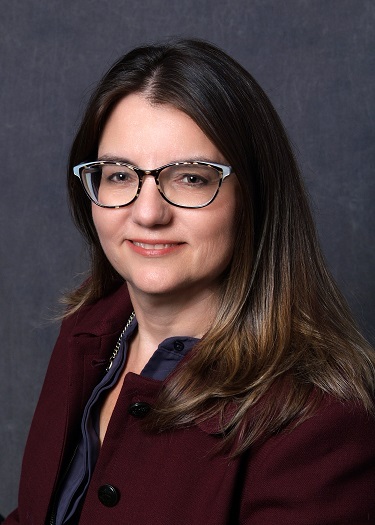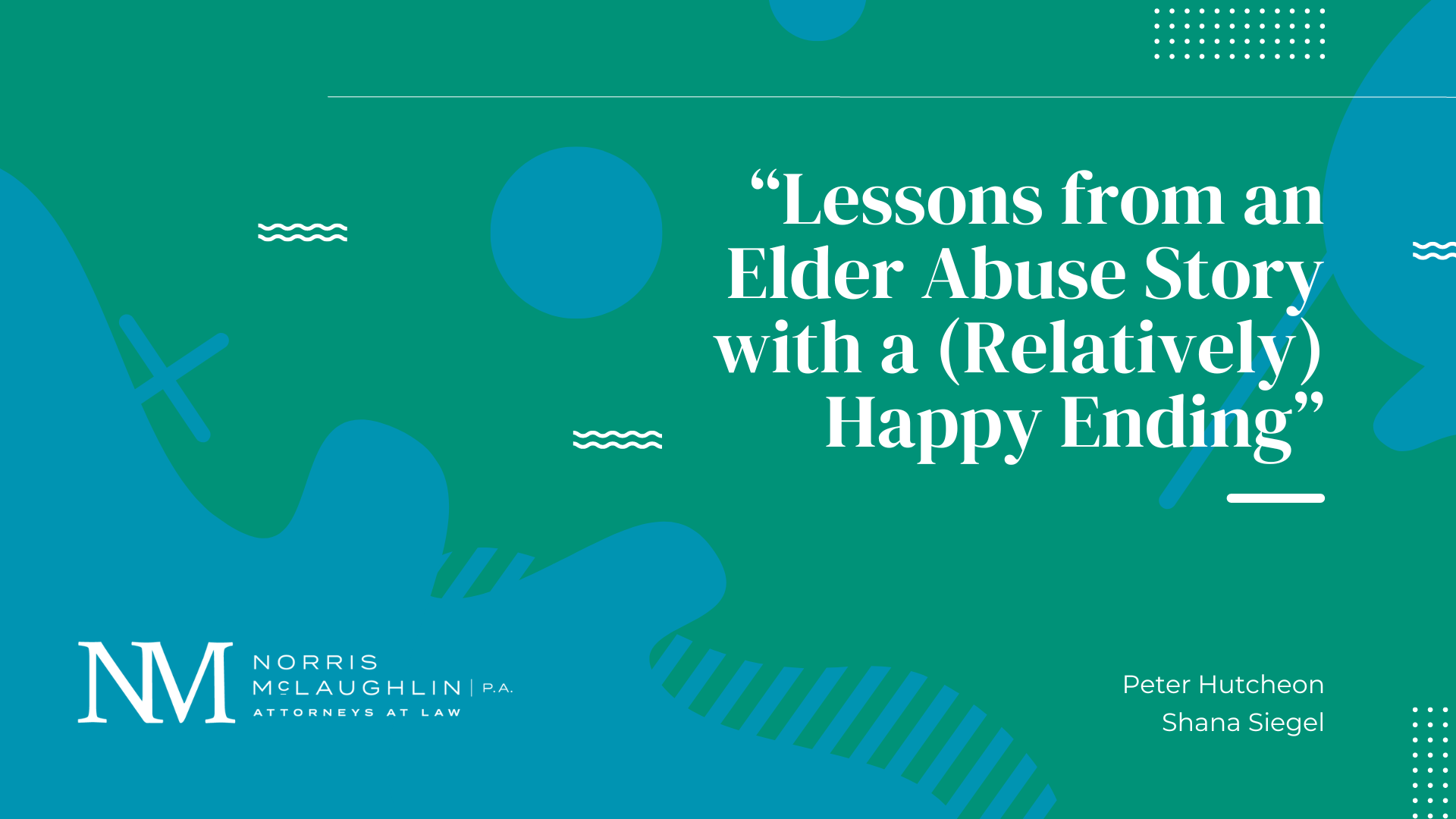Researchers Warn That Failure to Plan by and for Individuals with Disabilities may Result in a Major Public Health Crisis

A recent national study found that half of the families that care for a loved one with a disability have not made plans for the future. That is likely to have devastating effects, as three-quarters of Americans with disabilities live with a family caregiver, and one-quarter of those caregivers are sixty or older.
We all are inclined to hide our heads in the sand and avoid legal and financial planning. This urge is even greater among parents who care for adult children with disabilities. These parents, in a more tangible way than others, are truly irreplaceable. However, this very fact makes planning even more important.
So how do we begin? We advise parents of small children to keep it simple. First, focus on your own estate planning documents and then layer in additional planning tools over time. A robust POA, will, and trust are the basic stepping stones. It is also important to consider who will take over the various responsibilities in assisting your loved one. We counsel families in how to build the right team so no one person is overburdened, family caregivers get appropriate counsel and support, and contingencies are in place.
The latest study found caregivers cited three dominant reasons for putting off planning: financial constraints, trouble understanding government services, and reluctance to have difficult conversations. While there is an upfront cost to financial and legal planning, failure to plan is more costly in the long run. Moreover, the chaos created when a caregiver dies without plans in place can have devastating effects on the health and well-being of all the family members who are left behind.
We have endeavored to demystify special needs planning and help families initiate those difficult conversations. Starting in 2020, we launched a series of blogs and webinars to guide families in their planning journey. They can be viewed here. We provide a primer on public benefits and frequent sources of confusion and error. We talked with a financial planner who described the steps she has taken to plan for her own son, as well as how she helps her clients build a solid financial future. We also discussed creating a Life Care Plan as a foundational step to building a comprehensive plan for the future.
When working with families, we encourage our clients to bring the entire family into the planning process, most importantly the individual with a disability. We also discuss the importance of follow-up and follow-through with our clients. One important example of this is beneficiary designations. I have seen families spend thousands of dollars on legal planning and then have the plans fall apart because beneficiaries were not changed.
Planning for the future is never easy and considering what our children’s lives will look like after we are gone can be downright terrifying! However, it is important to push past those fears and start building the scaffolding that your loved ones will rely on in the coming years. Acting now will avoid crises in the future.
If you have any questions about this post or any related matters, please feel free to contact me at ssiegel@norris-law.com.




